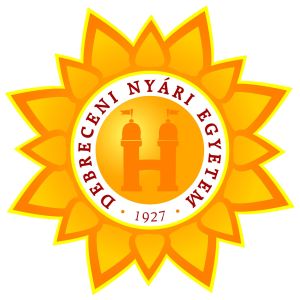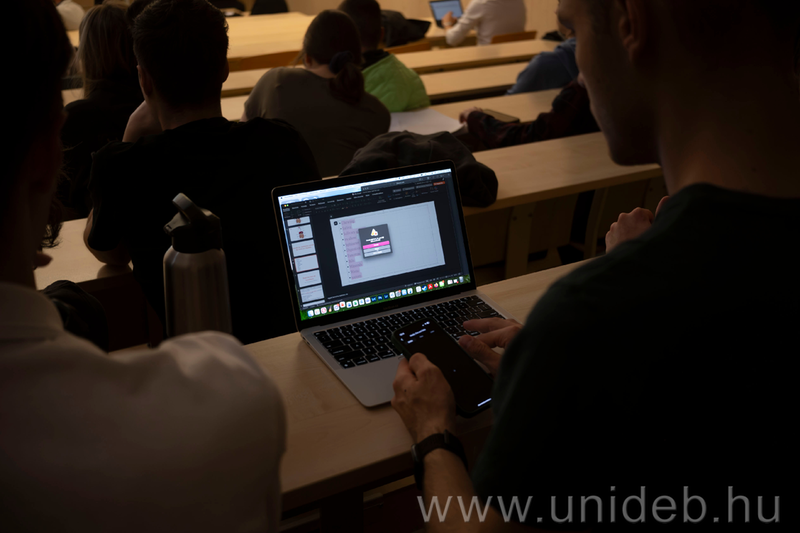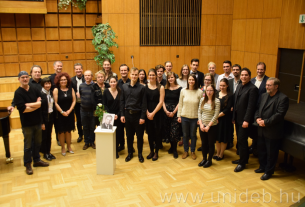Experts discussed the rise of virtualization and cloud computing, and the role of artificial intelligence in network building at an innovation workshop hosted by the Department of Informatics Systems and Networks at the University of Debrecen’s Faculty of Informatics. The event provided a comprehensive overview of current challenges and opportunities in modern IT systems and network technologies.
Significant milestones driven by new IT trends have emerged in everyday life, the corporate sector, research, education, and patient care. Artificial intelligence has become an everyday tool, playing a key role in data science, virtual technologies, and the operation of cloud-based systems.
At Tuesday’s ISNODA (Informatics Systems & Networks for Orchestration of Distributed Analytics) innovation workshop at the UD Faculty of Informatics, representatives from BME’s Faculty of Electrical Engineering and Informatics, Cisco Systems Hungary, EPAM, DT-ITS, Morgan Stanley, and the UD Department of Informatics Systems and Networks briefed participants in Hungarian and English on topics including how AI supports network automation and its potential impact on the transformation of telecommunications. The workshop aimed to offer deeper insight into the future of IT systems through practical examples and theoretical knowledge.
At the opening, Zoltán Gál, head of the UD Department of Informatics Systems and Networks, emphasized that AI and cutting-edge IT technologies present new challenges for society, and universities must keep pace alongside businesses.
“The primary goal of this conference is to demonstrate how IT systems and networks can be made more efficient, flexible, and reliable—leveraging known infrastructure systems that serve users. AI contributes significantly to these algorithms, as certain operations can no longer be performed manually. To explore current trends and opportunities, we invited companies whose innovative work is closely related to these topics. As a result, experts from ten forward-looking organizations delivered presentations.”
Workshop attendees also learned about cloud-based technologies, including implementation challenges and regulatory and integration hurdles illustrated by a major financial institution’s example. Presenters demonstrated how containerization simplifies application development and scaling, and introduced automated, machine-learning-based tools for uncovering hidden operational issues.
Experts showcased the latest outcomes in programmed prompting with large language models in specialized environments, outlined Cisco AI network operations, detailed AI-supported procedures, discussed resilience strategies for cloud enterprise networks, explained Kafka-based message-stream restoration tactics, and summarized Cisco Academy experiences at UD.
(unideb.hu)

















